The Bad Seed
In the children’s book realm, stories that cleverly combine humor, moral lessons, and memorable characters are often the ones that leave a lasting impact. “The Bad Seed,” written by Jory John and vibrantly illustrated by Pete Oswald, achieves just that with its compelling narrative and expressive artwork.
“The Bad Seed” introduces readers to its protagonist, an anthropomorphized seed with a notoriously bad reputation. This seed does not hide his flaws; rather, he flaunts them with a boldness that is initially humorous but also opens a window to deeper issues. The seed’s behavior—ranging from his bad temper and manners to an overall bad attitude—is portrayed with both wit and a touch of sadness, as readers are led to understand that his actions stem from his feelings of being different and isolated.
Jory John’s text is both charming and insightful, fostering a connection between the young readers and the seed’s emotional journey. Through simple yet poignant language, John explores themes of identity, transformation, and redemption without losing the light-hearted tone that captivates the audience from the first page.
Pete Oswald’s illustrations are an integral part of the book’s charm. The bold, expressive images complement the narrative’s moods seamlessly, ranging from moments of loneliness to those of cheeky mischief. The visual humor adds a layer of understanding and empathy for the protagonist, enhancing the story’s appeal.
Importantly, “The Bad Seed” addresses the concept of intrinsic change and the potential for personal redemption. It suggests that bad habits or reputations do not define an individual entirely and that transformation is possible through self-awareness and determination. This message is presented in a manner that is accessible and relatable for young readers, encouraging them to reflect on their own actions and the possibility of positive change.
In conclusion, “The Bad Seed” is a delightful read that balances humor with heartfelt messages. It serves as a reminder that everyone, no matter how flawed, has the capacity to change for the better. This book is recommended not only for its entertainment value but also for the important life lessons it imparts, making it a worthy addition to any young reader’s library and a useful tool for parents and educators in discussions about behavior and character development.

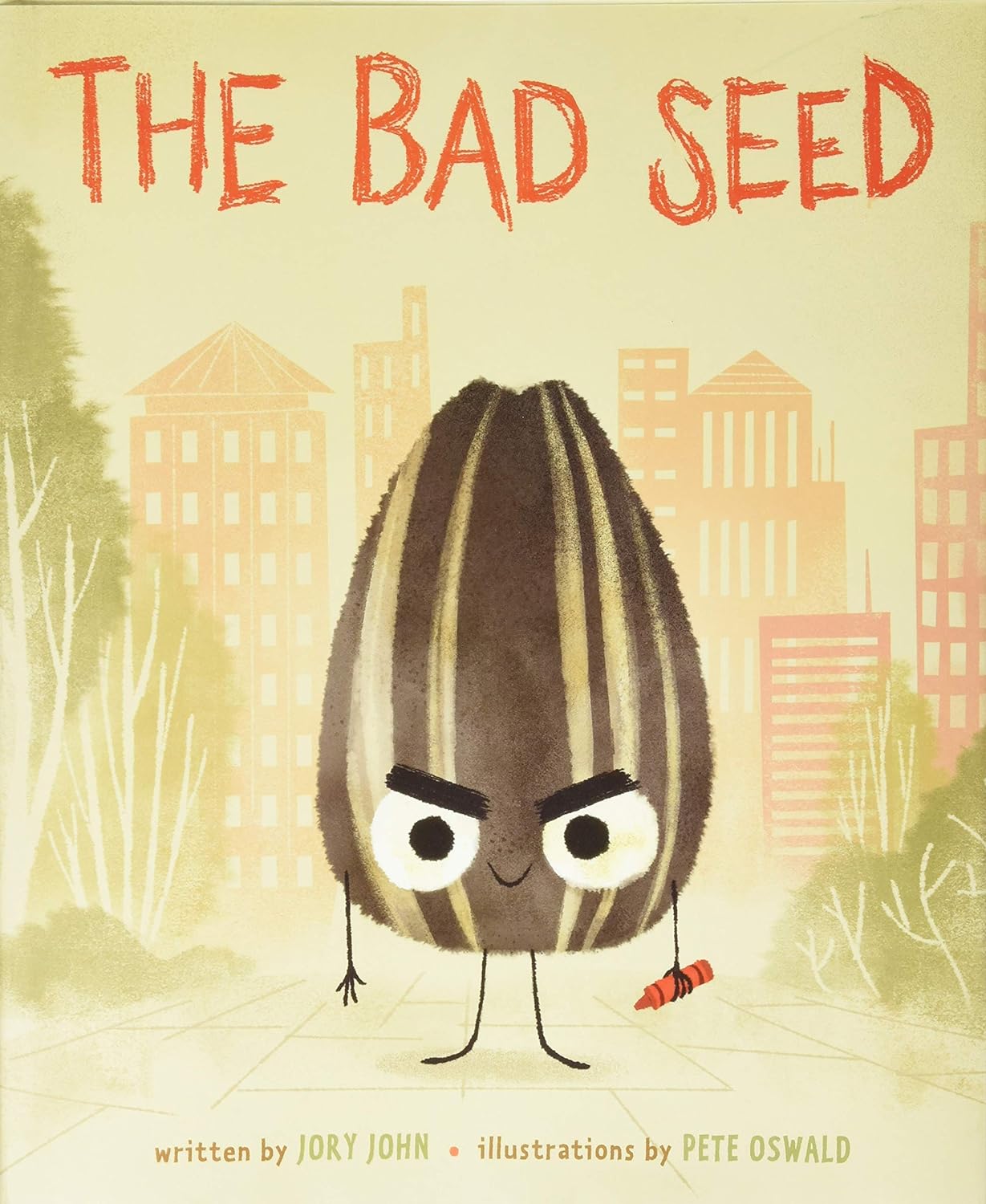
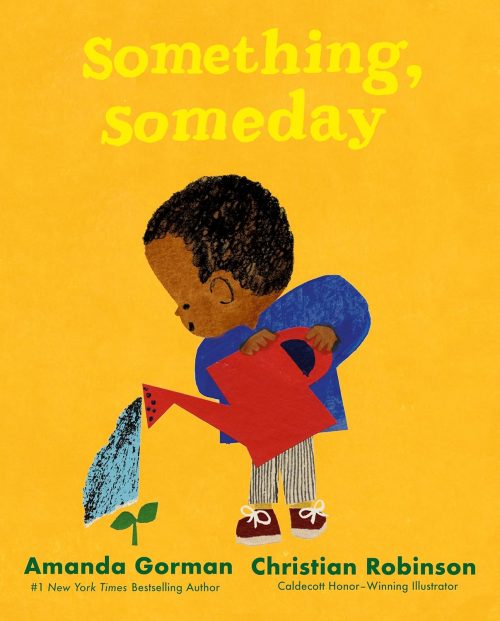
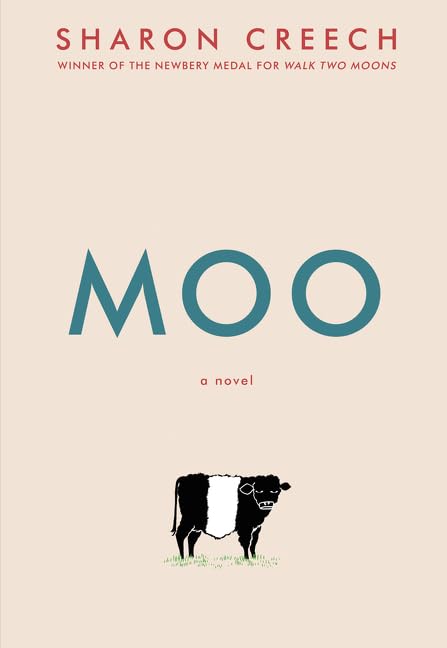
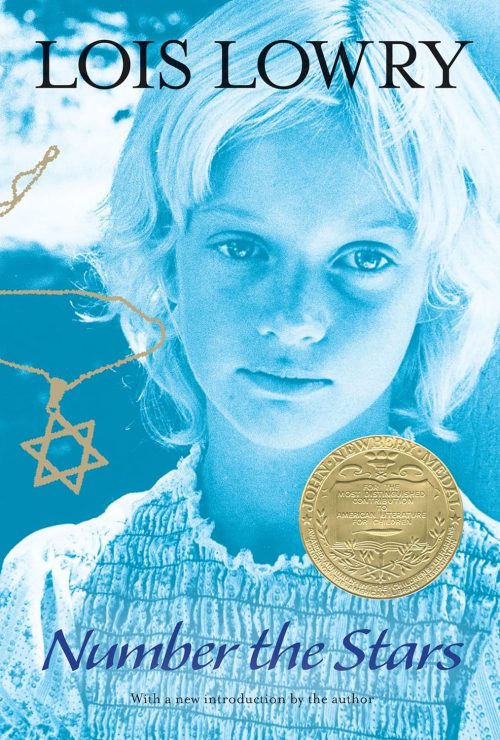
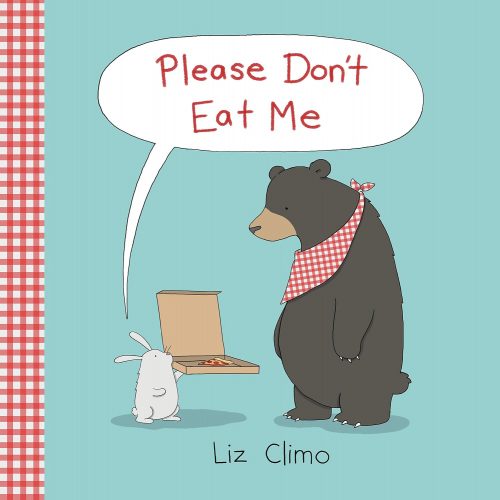
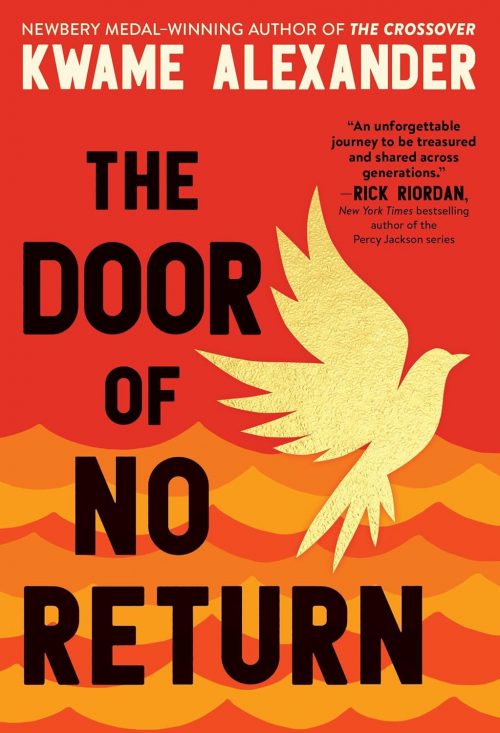
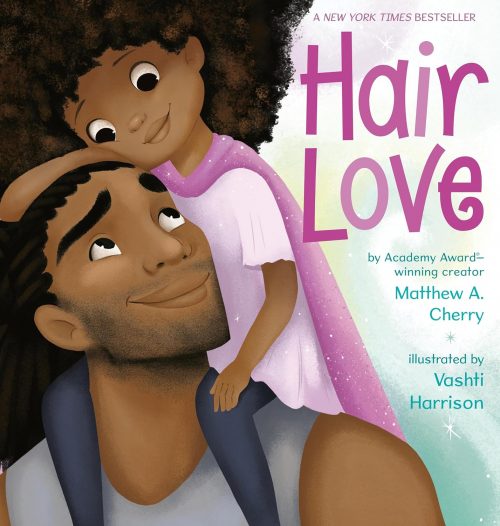

Reviews
There are no reviews yet.